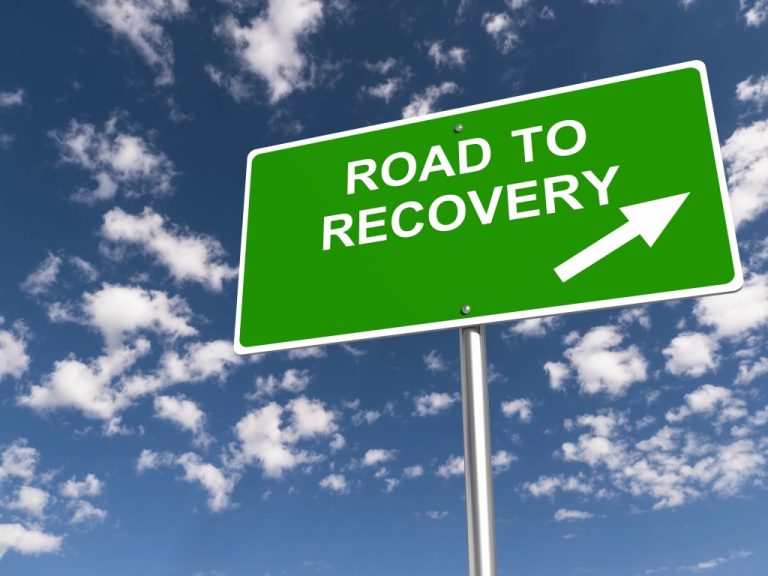Heavy drinking in this population is four or more drinks a day or eight drinks a week. In addition, risk factors are cumulative, such that having more than one risk factor significantly http://bookorbita.com/library/religiya/krivelev_iosif/kniga_o_biblii_2.html increases the probability that one may develop a specific disease or disorder. After drinking, you’ll become less responsible, less agreeable, and less able to think clearly.
- Binge drinking is when you drink enough alcohol to raise your blood alcohol content (BAC) to 0.08% or higher.
- Following detox, you may be encouraged to transition into either an inpatient or outpatient rehabilitation program for longer-term recovery work.
- Heavy drinking can also lead to a host of health concerns, like brain damage, heart disease, cirrhosis of the liver and even certain kinds of cancer.
Physical symptoms of alcohol misuse
Dehydration symptoms vary depending on someone’s age, according to the Cleveland Clinic and Mayo Clinic. Dehydration can also be worsened by pre-existing conditions that lead to loss of fluids, such as diabetes causing frequent urination. Those at higher risk, however, are infants, children and older people. Infants cannot and children often do not communicate when they are thirsty, making them more prone to dehydration.

Treatment and Medication Options for Alcohol Use Disorder

It also includes binge drinking — a pattern of drinking where a male has five or more drinks within two hours or a female has at least four drinks within two hours. Alcohol use disorder is a pattern of alcohol use that involves problems controlling your drinking, being preoccupied with alcohol or continuing to use alcohol even when it causes problems. This disorder also involves having to drink more to get the same effect or having withdrawal symptoms when you rapidly decrease or stop drinking. Alcohol use disorder includes a level of drinking that’s sometimes called alcoholism. There has been little or no progress in reducing alcohol consumption and harms in Europe, according to WHO. WHO’s Dr Gauden Galea said that the impacts are far-reaching including domestic violence, accidents and mental health issues.
What to Know About Alcohol Use Disorder

Alcohol use disorder involves a loss of control over the ability to drink moderately. This loss of control results in negative consequences that impact relationships, physical and mental health, and the ability to fulfill role obligations. Alcohol is used in increasing amounts to achieve the same effect, a phenomenon known as tolerance, and http://march-club.ru/forums/index.php?showtopic=445&st=0 its absence results in withdrawal symptoms. Patients with AUD experience intense cravings for alcohol that drive ongoing consumption. A few empirically validated practices can help identify strong treatment programs. Treatment centers should ideally have rigorous and reliable screening for substance use disorders and related conditions.
Alcohol Use Disorder Symptoms

About 1 in 5 people admit that they sometimes drink more than they “should.” Everyday Health follows strict sourcing guidelines to ensure the accuracy of its content, outlined in our editorial policy. We use only trustworthy sources, including peer-reviewed studies, https://max-body.ru/stati/zdorove/2373-kak-spirtnoe-vlijaet-na-organizm-cheloveka.html board-certified medical experts, patients with lived experience, and information from top institutions. In some people, the initial reaction may feel like an increase in energy. But as you continue to drink, you become drowsy and have less control over your actions.
- By the end of Friday, it had already made $96 million and recieved a coveted A CinemaScore from audiences.
- Because denial is common, you may feel like you don’t have a problem with drinking.
- You might not recognize how much you drink or how many problems in your life are related to alcohol use.
- Binge drinking is when you have five or more alcoholic drinks for men, or four or more alcoholic drinks for women, on the same occasion, according to the Substance Abuse and Mental Health Services Administration (SAMHSA).
- These individuals, sometimes called “almost alcoholics,” may not see the connection at first but would often benefit from help and support.
- But alcohol is a nervous system depressant and easily alters behavior, culminating in some cases in the emotional pain and physical disintegration of alcohol addiction, colloquially known as alcoholism.
Co-occurring alcohol abuse and mental health conditions, like depression, bipolar and schizophrenia, can cause an array of serious side effects. In order to overcome these issues, each one should be treated by a medical specialist. Women who have alcohol-use disorders often have a co-occurring psychiatric diagnosis such as major depression, anxiety, panic disorder, bulimia, post-traumatic stress disorder (PTSD), or borderline personality disorder. A third definition, behavioral in nature, defines alcoholism as a disorder in which alcohol assumes marked salience in the individual’s life and in which the individual experiences a loss of control over its desired use. Clinicians call such a behavioral disorder a disease because it persists for years, is strongly hereditary, and is a major cause of death and disability.
- Infants cannot and children often do not communicate when they are thirsty, making them more prone to dehydration.
- Triggers become engrained in addiction, so it’s valuable to recognize these cues, avoid them, and replace them with new behaviors, such as calling a sponsor or loved one when craving alcohol, which can help avoid a relapse.
- Make sure your loved one will be there but isn’t aware of what’s going on.
- You can also consult the medication’s warning label to understand whether it should be avoided in combination with alcohol.
- Treatment providers are available 24/7 to answer your questions about rehab, whether it’s for you or a loved one.
The same goes for older people, especially those who have cognitive issues. Dehydration is caused by a lack of sufficient fluids (primarily water) in the body. When you are losing or using more fluids than you are taking in, you become dehydrated. “Most people can agree that sleep is important, but I don’t think families always understand how important it really is,” Bilsky said. “If you can get on good sleep schedules early, that can have the benefit of preventing these downstream problems. “We have the tools and the evidence. We need the will. As the 2025 deadline for the UN High-Level Meeting looms we must act now and make the changes to keep our populations healthy,” Dr. Galea stressed.
